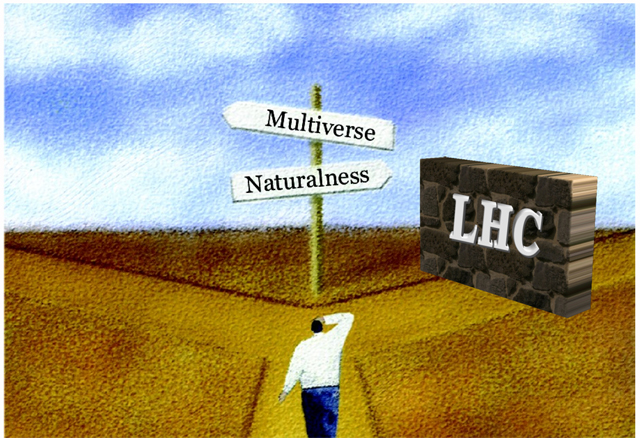Latest Articles
Is Nature Unnatural?
Decades of confounding experiments have physicists considering a startling possibility: The universe might not make sense.
Perpetual Motion Test Could Amend Theory of Time
A radical theory predicting the existence of “time crystals” — perpetual motion objects that break the symmetry of time — is being put to the test.
Scientists Parse Ocean’s Dynamic Role in Climate Change
New data collected by mathematicians and oceanographers in the frigid waters of the Southern Ocean could dramatically improve climate models.
Solid or Liquid? Physicists Redefine States of Matter
Glass and other strange materials have long confounded textbook definitions of what it means to be solid. Now, two groups of physicists propose a new solution to the riddle.
Treading Softly in a Connected World
In an increasingly interconnected world, scientists are seeking safeguards against catastrophic cascades of failure like stock market crashes and widespread blackouts.
Peering Into the Early Universe
Three “extremely large telescopes” poised to begin observations within a decade could help answer some of the universe’s oldest and best-kept secrets.
In Computers We Trust?
As the role of computers in pure mathematics grows, researchers debate their reliability.
In Mysterious Pattern, Math and Nature Converge
All complex correlated systems, from Arctic melt ponds to the Internet, appear to be governed by the same math as a random matrix.
Hunger Game: Is Honesty Between Animals Always the Best Policy?
Game theorists have developed a new model of communication among animals. It suggests evolution will produce a situation in which members of a species are honest most of the time, but not always.









